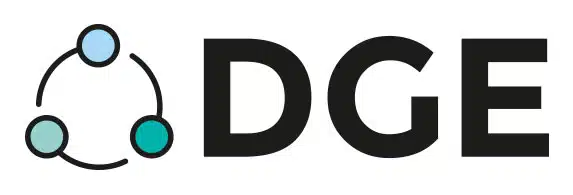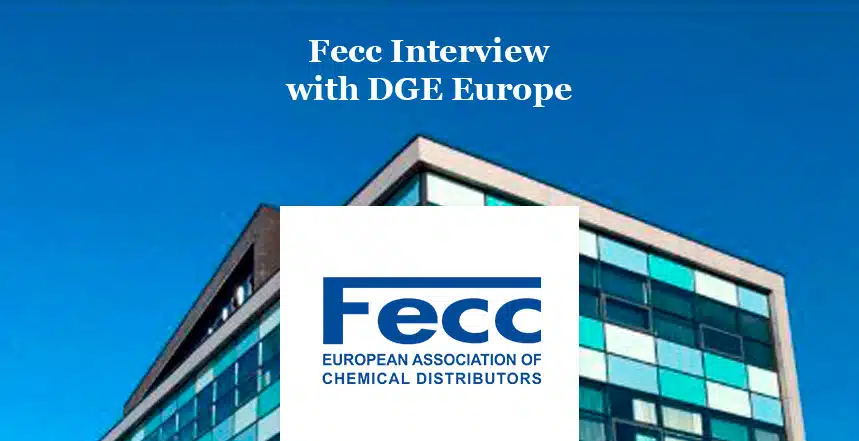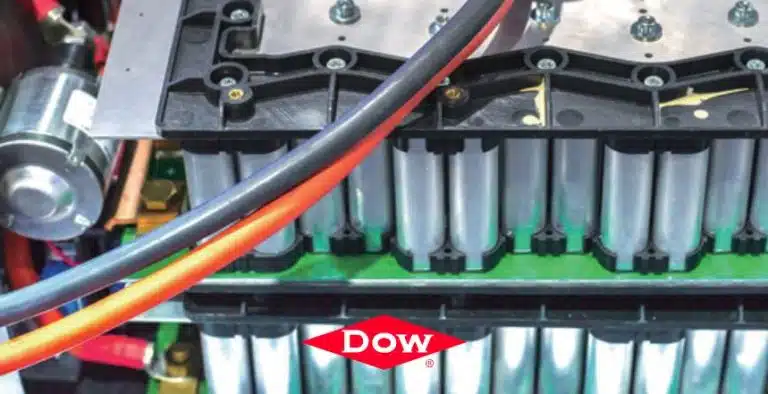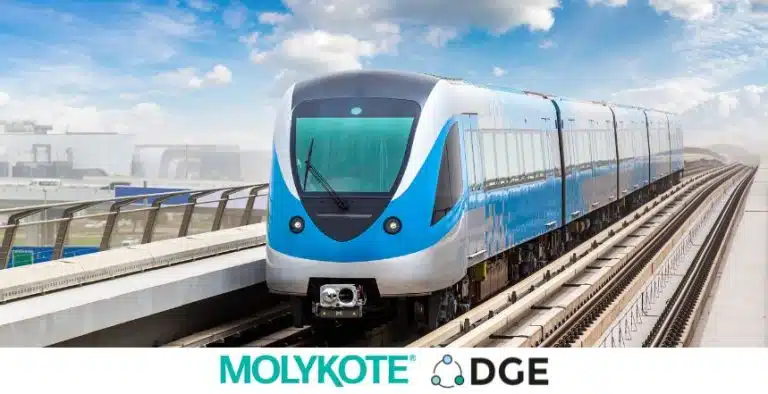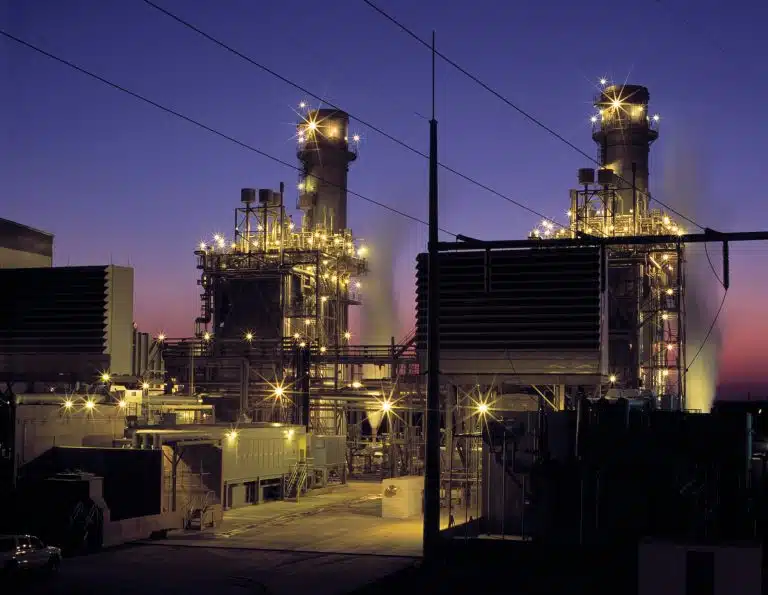Some weeks ago the European Association of Chemical Distributors (FECC) approached DGE to know our opinion on the evolution of the Specialty Chemical business. In this interview, with Alberto Argudo (Member Board of Directors) and Ignasi Pongiluppi (General Manager), released in the last FECC Newsletter (December 2021), we discussed about present and future challenges of our industry, the impact of digitalization and how our sector can support sustainability in the markets in which we operate.
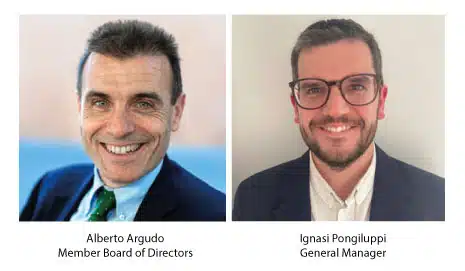
We take the opportunity to thank Dorothée Arms and all the FECC team for their great welcome in the Association.
As your company celebrates an important anniversary and a great achievement, how would you describe the evolution of the chemical distribution sector and which are the new targets for the future?
DGE covers a specific segment within the chemical distribution: we work with formulated specialities (Adhesives & Sealants, Electronic protection materials, High performance lubricants). This has been involved in a deep transformation in the last few years. Our customers are facing rapidly changing consumer needs and significant technical evolutions. Shifts on industry requirements occur faster and faster. For this reason, adaptability and knowledge have become the leading factors.
At DGE we have a great team of professionals that are capable of dealing with this. We are also partnering chemical technology leaders with whom we generate a truly innovative product portfolio that meets those rapidly changing demands. Looking forward we just want to keep delivering state of the art solutions to our customers and supporting them to make their products and processes more efficient and reliable; trying to “protect” them from the market volatility upstream.
Which are the key challenges your company had to face through the years?
We are facing several challenges from regulatory changes to supply disruptions. The two most relevant are:
- On one side we have seen a significant concentration in the market: in the last 25 years our suppliers, competitors and customers have grown significantly both in size and geographical footprint. We have grown and adapted our model to make sure we can keep delivering a strong proximity service, while adapting our tools and processes to the requirements of global suppliers and customers. Where others may have lost certain connection with the markets they serve, we have strongly invested on our most important asset: a team of professionals truly understanding our customer needs.
- On the other side, technology transformation has also reshaped the way our industry operates. But DGE has always seen this more as an opportunity than a challenge. We have integrated technology in all our processes to improve the way we serve the market.
How do you see future challenges, especially in the light of Covid-19 and current supply chain disruptions?
Vulnerability of global supply chains is nothing new, and at DGE we have been working for many years to adjust our processes to deal with it. It is true though, that Covid-19 has made this vulnerability more visible than ever.
Demand volatility across regions; tight capacity of raw materials and logistics in a highly decentralized industry have led to unprecedented scarcity and price fluctuations.
We think chemical distributors need to adapt to this situation. DGE has been strongly working to be more flexible, agile, and resilient. Chemical distributors can support to regionalise part of the supply chain, but we must be ready to take more responsibilities upstream.
What other trends are rapidly evolving in the chemical distribution sector in your opinion?
We know this is a word repeated a lot, but we cannot avoid mentioning digitalisation.
The effective use of technology has become critical to our industry and is transforming it. It is not about having a digital strategy but about bringing our strategy to the digital world.
This requires a significant change of mindset, as forces us to review and to challenge any single part of our existing processes and the way we do business. From how we interact with our customers to the way we manage our portfolio but we are always trying to answer the same question: Will this add value to our customers?
Sustainability and circular economy are clearly high on the European agenda with the EU Green Deal being a central topic in the European Commission – how do you see chemical distribution contributing to these key aspects?
Chemical distributors have two key tasks to contribute to sustainability.
- On one side we need to think of the products we sell. We are continuously working to have a portfolio safe to use and respectful with the environment. Product innovation is key to deliver in that aspect.
- We also support our customers using our technology to develop more sustainable products and processes. Sealants that can help to reduce energy consumption in appliance production; lubricants that reduce wear and improve machinery efficiency; adhesives used on wind turbines; thermal conductive products to extend lifetime of EV batteries. These are just few examples of how we can contribute to a more sustainable world. We have a key role to play.
To know more about FECC: https://dge-europe.com/dge-member-of-fecc/
